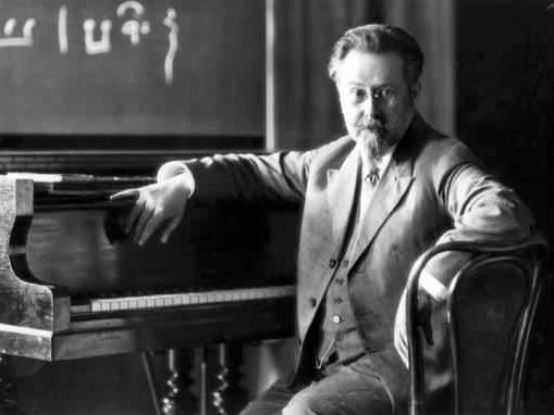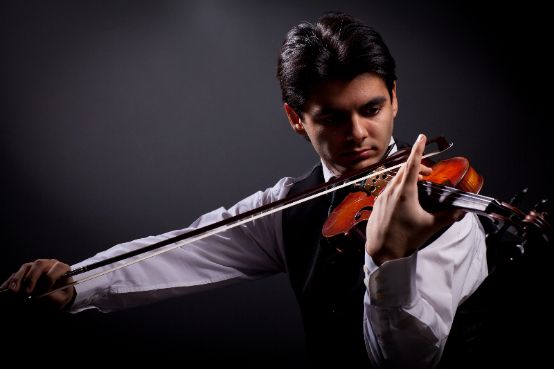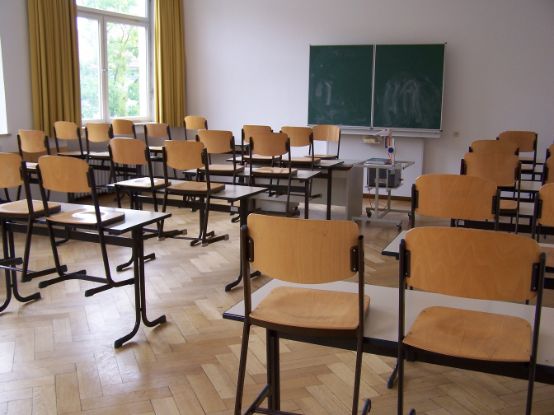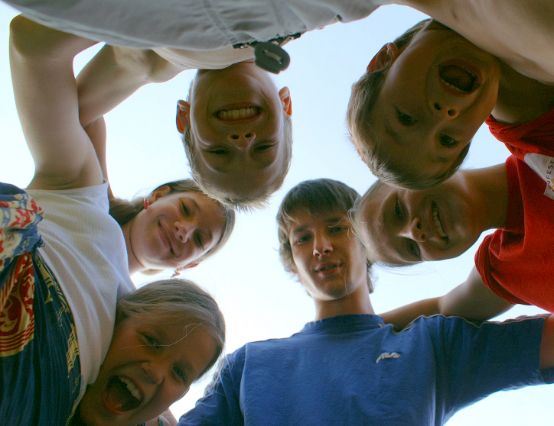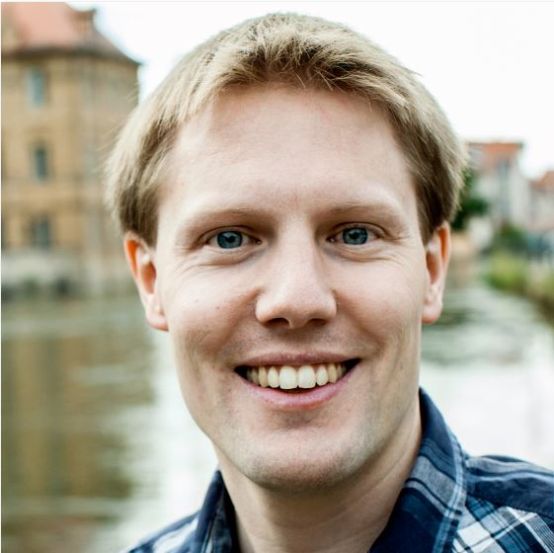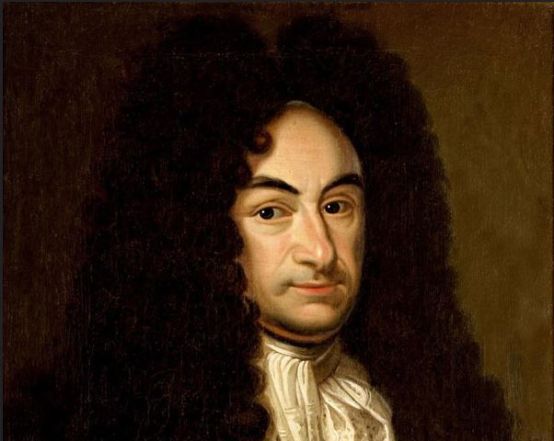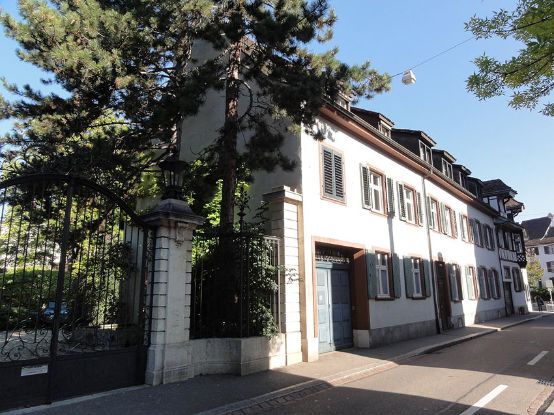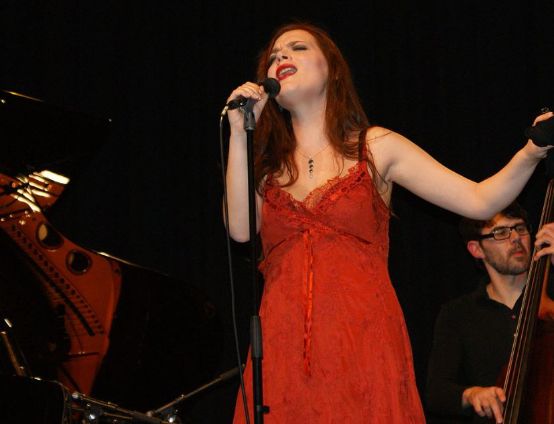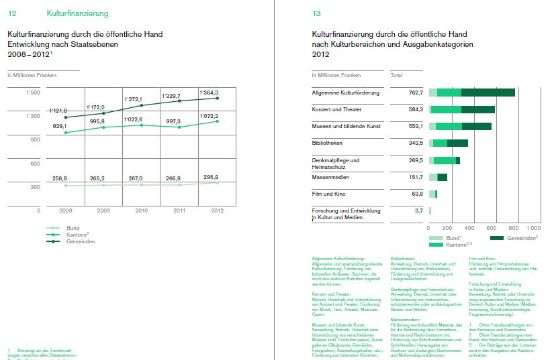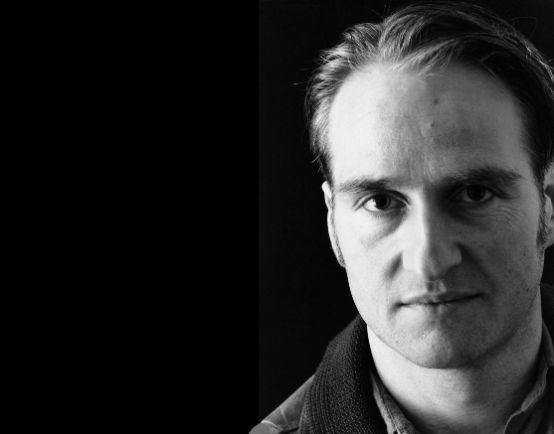Sponsorship awards from the Zurich University of the Arts
The Zurich University of the Arts (ZHdK) aims to support Bachelor graduates in their further studies and highlight outstanding work with sponsorship awards. In music, it is awarding prizes to works by Fabian Klausberger and Benjamin Kobi.
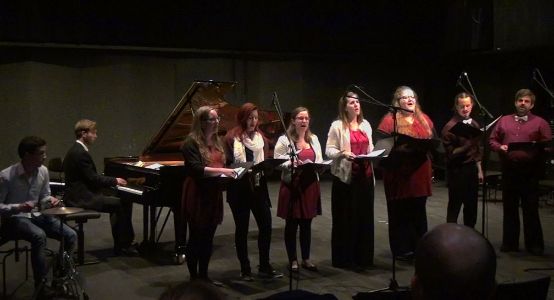
With his project "Trost in der Musik", Fabian Klausberger (Bachelor of Music, School Music, majoring in piano) demonstrates a "high professional sense of musical impact and thematically appropriate stage presence", writes the ZHdK. It is an "outstanding work that impresses not least with its documentation with a high degree of authenticity and reflection".
With "Bagman hopes", Benjamin Kobi (Bachelor Music and Movement) tells the dramaturgically convincing story of a clochard who is encouraged to fantasize by what he finds in the city's garbage, the ZHdK continued. The project not only impresses with its excellent professional composition, but also with its portrayal of the character of the clochard with acrobatic elements.
Further sponsorship awards go to Don Schmocker (game design), Lara Stoll (film), Brigham Baker (photography), a student collective consisting of Sophie Arbeiter, Pan Aurel Bucher, Tim Czerwonatis, Anne Eigner, Silvan Frick, Miro Maurer, Mirjam Rast, Robert Rozic, Mirza Sakic, Tatjana Sebben, Tonio Schneider and Anna Wohlgemuth (theater) and Martina Tobler (aesthetic education and socioculture).






